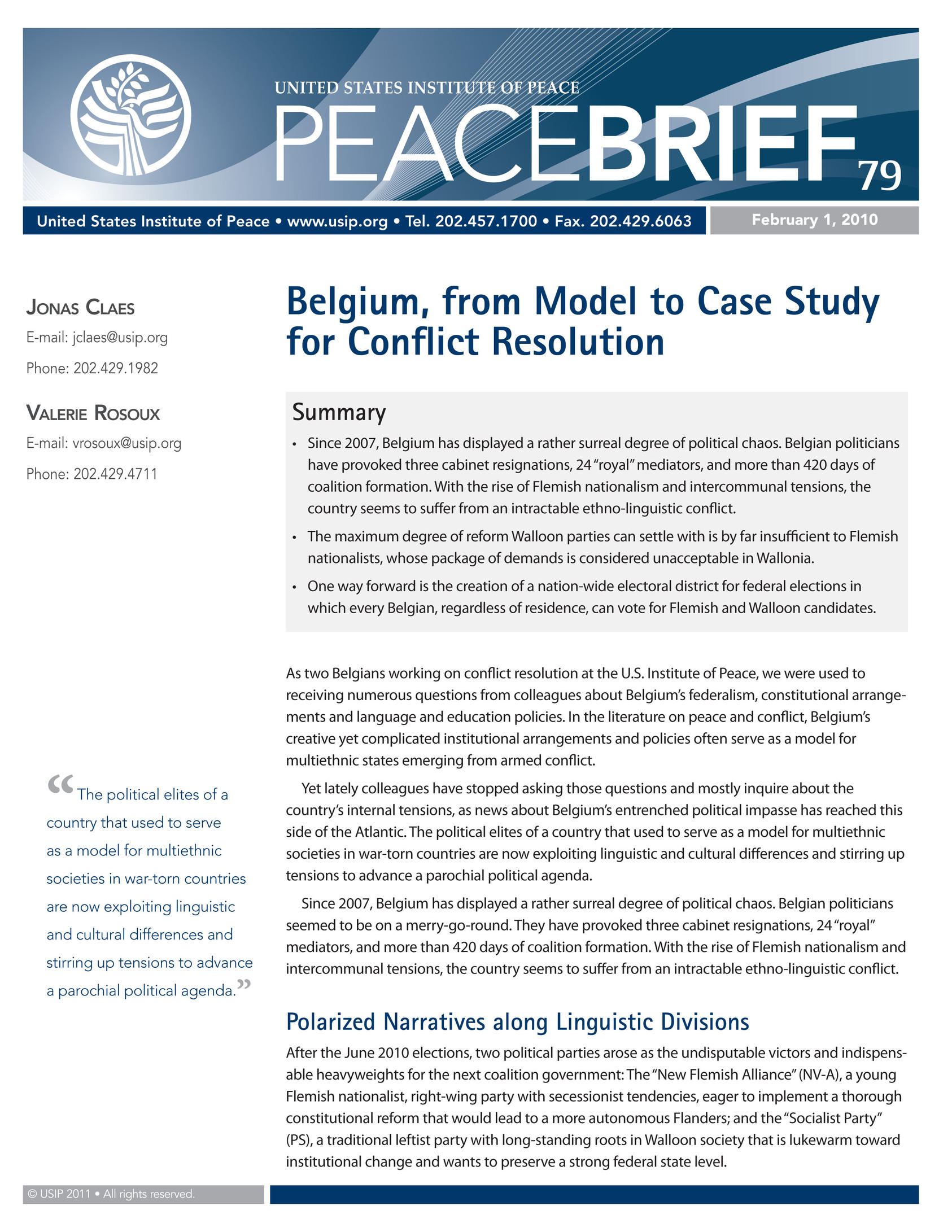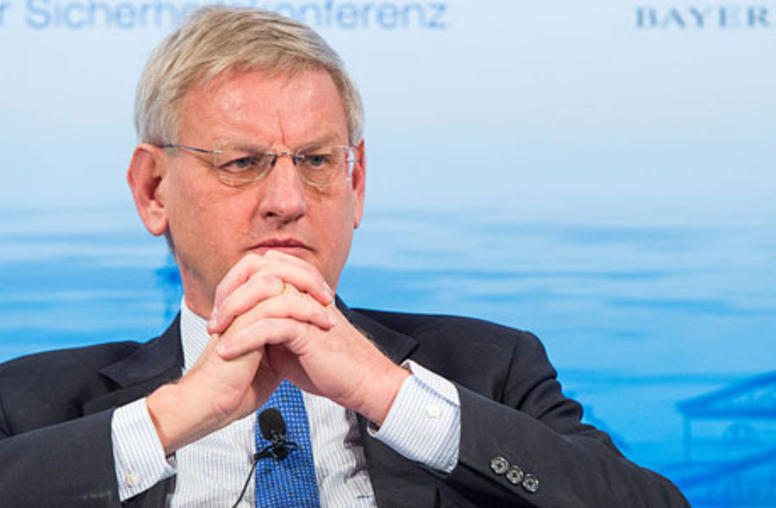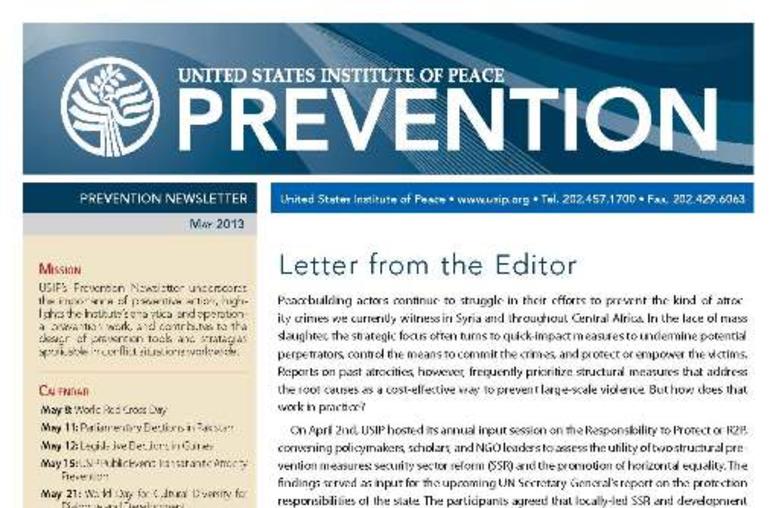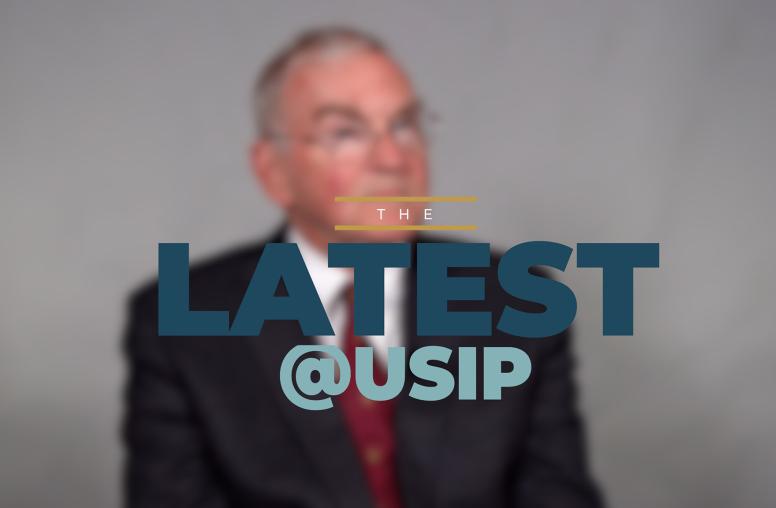Belgium, from Model to Case Study for Conflict Resolution
In this Peace Brief, Belgian scholars analyze the current political crisis in Belgium from a conflict resolution perspective.

Summary
- Since 2007, Belgium has displayed a rather surreal degree of political chaos. Belgian politicians have provoked three cabinet resignations, 24 “royal” mediators, and more than 420 days of coalition formation. With the rise of Flemish nationalism and intercommunal tensions, the country seems to suffer from an intractable ethno-linguistic conflict.
- The maximum degree of reform Walloon parties can settle with is by far insufficient to Flemish nationalists, whose package of demands is considered unacceptable in Wallonia.
- One way forward is the creation of a nation-wide electoral district for federal elections in which every Belgian, regardless of residence, can vote for Flemish and Walloon candidates.
About the Report
Jonas Claes is a (Flemish) program specialist in USIP’s Center for Conflict Analysis and Prevention. Valerie Rosoux is a (Walloon) Jennings Randolph senior fellow at USIP in Washington DC. In this Peace Brief, these Belgian scholars analyze the current political crisis in Belgium from a conflict resolution perspective.



